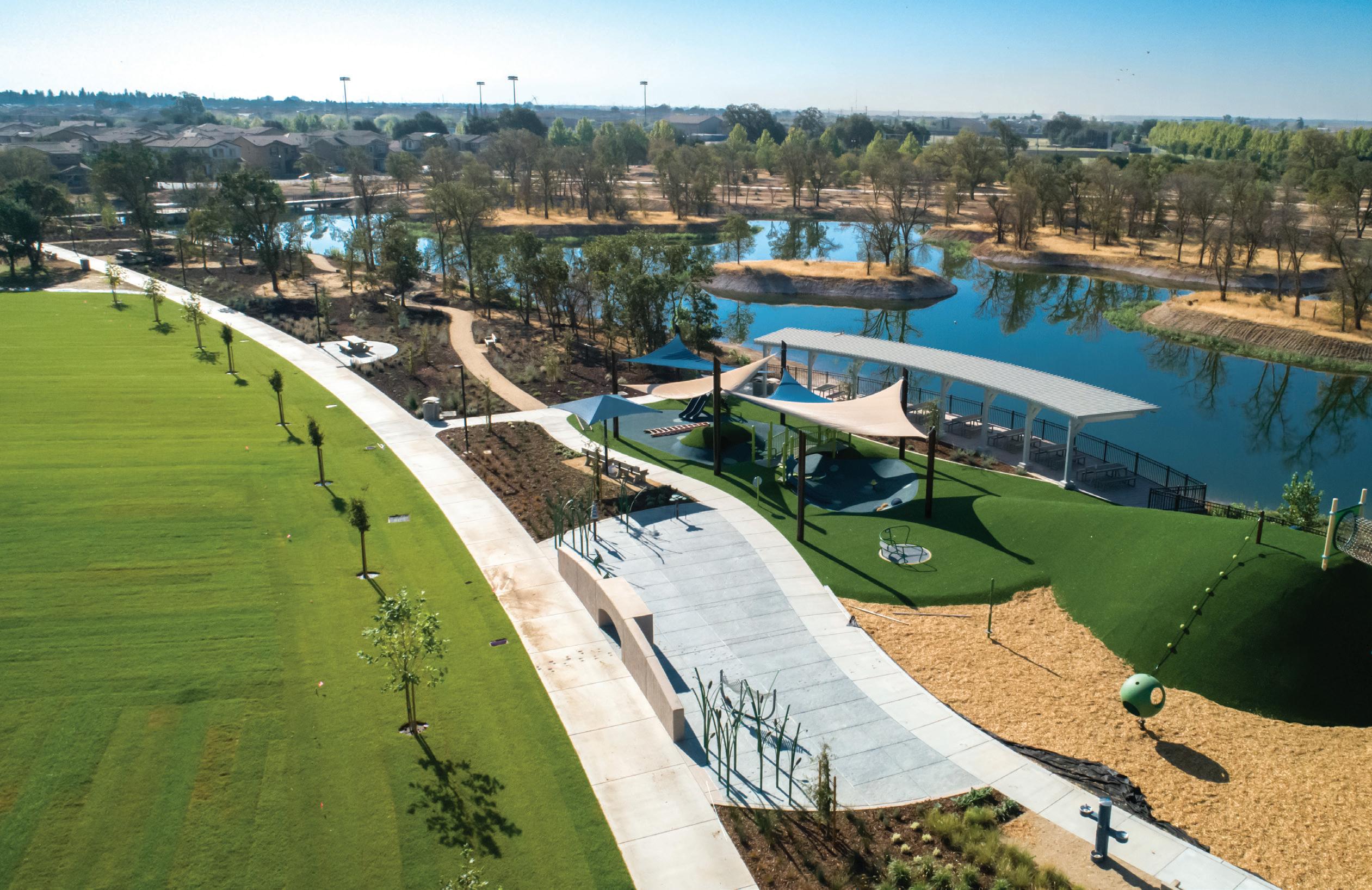M Focus on: Streets, Highways & Bridges
Hydrodemolition
increases bridge longevity
By JUDE STRIEBY | The Municipal
Maintaining the infrastructure of any place in which people live and travel is the most important task within a community, and road construction is the most visible aspect to this crucial part of making a society run smoother. Unfortunately, when lengthy construction timelines run over schedule, it often appears as if there is a highway somewhere that’s never finished. Who hasn’t heard of the joke about repair on a stretch of road taking so long that the maintenance crew just jumps from one end of a highway back to the start throughout the years? Jackhammers are a commonality in many “Generally speaking, this technique extends road construction sites, and a hellish traffic the life of a bridge by about 15 years.” jam usually surrounds the noise and dust First invented in Europe in the 1980s, accompanying these tools — the recipe for hydrodemolition is an alternative approach the perfect migraine. But Utah has been to resurfacing roads, walls or basically anymaking the miserable construction cliche thing that needs resurfaced. Structures dissipate with a newer technique called regularly need to be restrengthened or rehydrodemolition, which uses highly pres- cemented due to crumbling cement, but the surized water instead of a jackhammer. jackhammer approach can destroy the inner “We’ve been impressed with the results,” structure of rebar holding the underlying, said John Gleason, public relations director undamaged cement in place. at the Utah Department of Transportation. 26 THE MUNICIPAL | FEBRUARY 2022
ABOVE: In one 10-hour shift, 15,00017,000 gallons of water is used. The water can then be easily filtered, treated and reused. (Photo provided by UDOT)
“If you’re using methods like jackhammering, you could potentially cause structural damage, which requires even more extensive repairs,” said Gleason. “That can extend the schedule and add to the cost.” Not only can a jackhammer cause fractures in an otherwise secure foundation, it also brings unwanted vibrations and harmful silica dust for workers. With hydrodemolition, concrete structures can have their top problematic layers effectively “shaved off ” by a stream of water sprayed into the cement, which disintegrates and is then swept away. In other words, only the cement that needs to be taken off is affected, and the metal rebar can then be repoured with new concrete. “This technique adds a significant length of life to structures by taking away the possibility of damage during the deconstruction and repair,” stated Gleason. “The idea for us is we
















